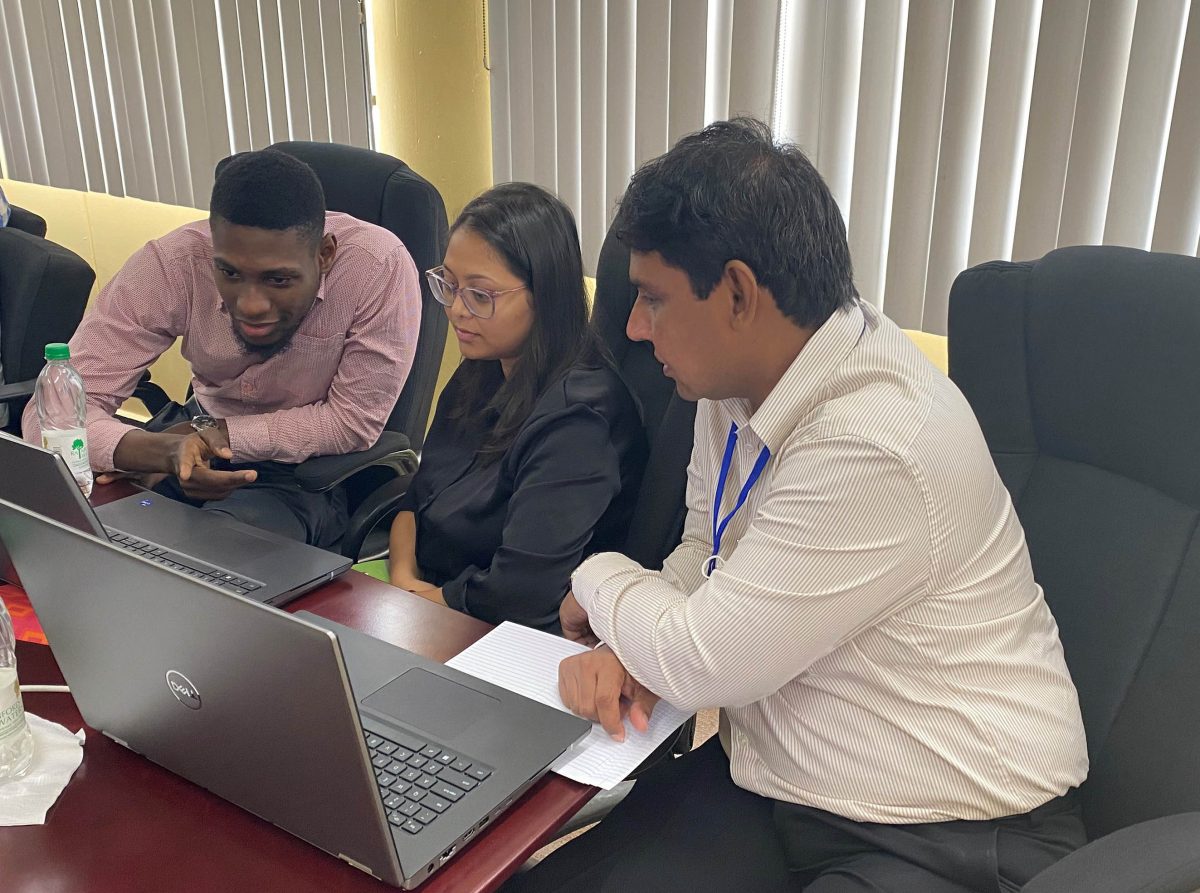The Bureau of Statistics says it is now better positioned to measure poverty levels in Guyana with the training of several staff members in the use of the Multidimensional Poverty Index (MPI).
A release from the Bureau yesterday informed that this recently concluded hands-on capacity building exercise conducted at its headquarters in Georgetown, was facilitated by the United Nations Development Programme (UNDP). This is the first time that Guyana will be utilising this method.
It was explained that previously, the Bureau’s measurement of poverty levels in Guyana was primarily done using the Consumption Expenditure method, which utilises data on household expenditure. Other agencies have also used the income method which relies on household income data. However, incomes are often understated and therefore not the most reliable metric for poverty measurement.
According to facilitator of the training exercise and the UNDP Multidimensional Poverty Specialist, Renata Pardo, the MPI method is a complementary one which examines other dimensions to poverty which are not covered by monetary measures. These include school attendance, educational achievement, barriers of access to health services, unemployment, food insecurity, and overcrowding in homes.
The release noted that while Guyana has a Multidimensional Poverty Index calculated at a global stage, it was pointed out by the specialist that there are dimensions of poverty that are unique to each country. As such, a main aspect of the exercise was ensuring that the participants of the training have a greater understanding of those dimensions.
Meanwhile, the Bureau’s Chief Statistician, Errol La Cruez, highlighted the important role of the Bureau of Statistics in providing accurate, quality, and timely data and analysis that is vital for policy and decision makers to construct plans and interventions that reduce poverty, promote development and improve people’s quality of life. This therefore means that the training and subsequent measurement of poverty using the MPI would be very useful to all stakeholders in identifying areas for development and tracking progress in this regard, the release added.




